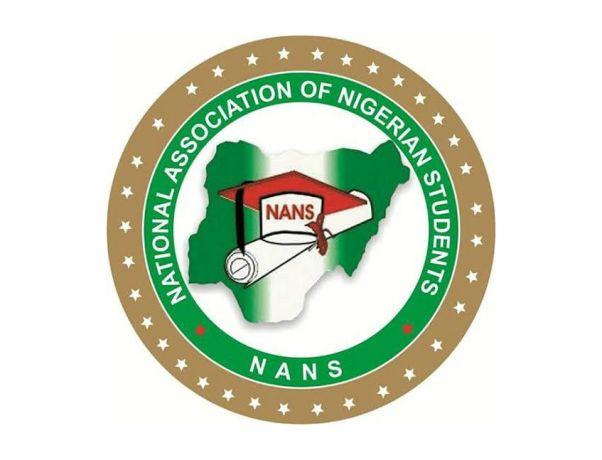In what appeared to be payback over Nigeria’s closure of some borders in 2019, the Government of the Republic of Benin has stopped 3,700 Nigerian-bound cargo-laden trucks from Cote D’Ivoire, Ghana and Togo at Ilakoji border, the border between Togo and the Benin Republic.
This development has left over 3,700 Nigeria-bound trucks laden with transit goods worth several billions of Naira trapped between Togo and the Benin Republic.
As a result of the blockage at Ilakoji, Tribune Online learnt that the Benin Government has imposed a new import duty payment of CFA9 million per transit truck laden with Nigeria-bound goods, an equivalent of about N6.5 million which are exempted from all forms of duty under ECOWAS protocols on transit goods.
Confirming the development, the Chairman of the Association of Nigeria Licensed Customs Agents (ANCLA) Seme border chapter, Bisiriyu Fanu said Benin authority actually stopped the cargoes that were coming from Côte d’Ivoire, Ghana and Togo to Nigeria at Ilakoji.
“Benin government wants to be collecting full duty on these goods. The Benin authorities claimed that they suspected that the goods are not West African produced goods.
“They didn’t even give any reason why they stopped the goods because when we asked them, they said they were investigating. What they are investigating, nobody knows. The Benin Republic Controller at Seme border said they didn’t give Ilakoji any circular.
“The issue has been on now for more than two weeks and it has not been resolved. I went with my team to the Nigerian embassy in Cotonou to make a formal report and they have escalated it to Abuja.
“The Republic of Togo and Ghana have also escalated it to ECOWAS. They held about two to three meetings between the last two weeks and now, but they have not come to any conclusion.”
When asked if it’s a retaliatory move by the Benin Republic government over the Nigerian border closure policy, Fanu explained that he cannot authoritatively say that is the reason.
“I am not saying it’s a retaliatory move. The Benin Republic Controller told me it is a verbal directive and that they have to comply with it.
“Legally, a transit good is not supposed to pay a kobo because, in the transiting country, it will just pass through, but the Benin Republic government is demanding for duty on these goods at Ilakoji,” Fanu added.
Also speaking on the matter, the President, National Council of Managing Director of Licensed Customs Agents (NCMDLCA), Lucky Amiwero, expressed surprise over the development and said the decision violates all protocols of the Economic Community of West African States ECOWAS on free trade, especially the ECOWAS Trade Liberalisation Scheme ETLS.
He said the Nigerian government shouldn’t have closed it border against Benin for one and a half year, adding that Nigeria started what is happening now, which was a big mistake.
“If you look at the Benin Republic, they rely on Nigeria to survive. There must be something that made them do what they have done. We need to be very careful. I continue to say this; you don’t run Government on the impulse of body language. You run the government on the impulse of law.
“When you have an ECOWAS treaty, you don’t go and block the border without informing your neighbours that you want to close the border. What they supposed to have done like what America has done, which is mutual administrative assistance.
“There should have been mutual administrative assistance between Benin and Nigeria because both countries have Customs union,” Amiwero explained.
He added that what has happened now is like the Benin Republic is trying to pay Nigeria back in her own coins.
“If you look at the Benin Republic and other West African countries, they have built their economy over time Their ports is now the hub in the region. It looks like they are now ready to withstand Nigeria in terms of economic blockage.
“I don’t see any reason why the Benin Republic is blocking borders because it has never happened before. It is Nigeria that has closed its borders before now.
“This one that the Benin Republic is closing border, it is a very serious issue. How can Nigeria now go into this Africa Continental Free Trade Agreement? It is a serious issue,” Amiwero added.
Culled from Tribune

 Boss Picks4 days ago
Boss Picks4 days ago
 Opinion6 days ago
Opinion6 days ago
 Opinion4 days ago
Opinion4 days ago
 Events5 days ago
Events5 days ago
 Adding Value5 days ago
Adding Value5 days ago
 Featured5 days ago
Featured5 days ago
 Headline3 days ago
Headline3 days ago
 News5 days ago
News5 days ago














